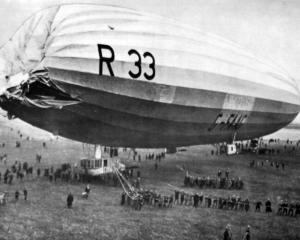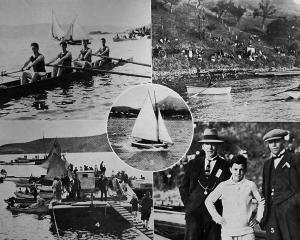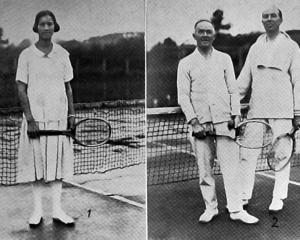The White Star liner Ionic, which arrived at Wellington from London on Saturday morning, brought 554 passengers to New Zealand (says the Dominion).
As of that number 490 travelled third class, it is competent for one to conclude that the population of the dominion will benefit to the extent of at least 500 genuine settlers.
The number on the vessel's berthing list was made up as follows:- First-class, 7; second-class, 57; and third-class, 490. Of the total number of passengers, 224 were assisted in their bookings by the New Zealand Government, which number is made up as follows:- Farm labourers, 43; domestic servants, 79; wives and families, 102.
The 79 domestics, consisting of English, Irish, and Scotch young women, were sent out on the recommendation of the British Immigration Society, a society which interests itself in the condition of the domestic class in Great Britain, and, as far as lies in its power, guarantees the characters of those it recommends as ''fit and proper'' immigrants.
This arrangement relieves the High Commissioner's staff of certain duties which were found difficult to perform with perfect satisfaction.
The present party of domestics was brought out under the guardianship of Miss Woods, a lady who has had considerable experience in the chaperonage of girl immigrants from London to Western Australia and Victoria but is making her first trip to New Zealand. She has been assisted by Miss Head.
Miss Woods, when interviewed by a reporter, stated that the girls she had brought out to New Zealand were by far the best-behaved and most superior she had ever been associated with.
Indeed, the whole of the third-class passengers could be included in that category. They were a fine lot who should do well in any country. There had been no bad language to complain of and no drunkenness.
The only sign of liquor she noticed at all was when a few of the men came on board from a visit to Cape Town and were ''jolly'' as the result of their experiences.
Admirable discipline prevailed on board, thanks to the code insisted upon by the officers of the ship. In that regard she had never seen anything quite so satisfactory before. There had been absolutely no sickness on board during the whole voyage, and only a few very minor accidents.
• Invercargill: At South Hillend, near Winton, shortly after midnight on Thursday, a thunderstorm, accompanied by unusually vivid lightning was experienced, resulting in stock stampeding in all directions.
As a result, Mr W. Muir's well-known pacing mare Lady Hector, by Sir Hector, from Corriedale, dashed headlong into a brick building and died almost immediately.
On Mr Boyle's farm a valuable yearling thoroughbred filly, by Blackstone, from Assyrian Queen, galloped into a wire fence and was drowned in a ditch into which she stumbled.
A three-year-old thoroughbred filly by Canrobert, was badly injured at Mr J. Kirkwood's, and the deaths of several draught horses are reported.
In another case 100 sheep were found in a ditch, but only one was dead. Ten wethers were electrocuted alongside a wire fence.
Cattle were seriously injured in a number of cases.
The happening is quite unusual in a district where similar storms are not unknown. - ODT, 11.9.1913.
Copies of the picture are available from the ODT front office, Lower Stuart St, or www.otagoimages.co.nz













